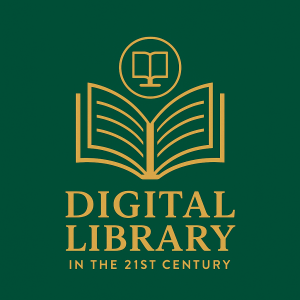
This course introduces learners to the basic principles and practices of managing archives. It covers how archives are created, organized, preserved, and accessed for future use. Learners will gain practical skills in handling both physical and digital archives to support institutional memory and accountability.
- Teacher: Patricia Chelangat

This course provides trainees with the knowledge and skills required to create, manage, store, protect, and dispose of records in an organization. It covers both manual and electronic records systems, emphasizing best practices in classification, retrieval, retention, preservation, and legal compliance. Learners will gain practical competencies in organizing records, circulating records for action, applying security measures, and supporting efficient decision-making through proper records management.

Course Description: Digitization and Artificial Intelligence in Libraries
This course explores the integration of digitization technologies and artificial intelligence (AI) in the modernization of library and information services. It equips learners with the knowledge and practical skills to convert physical materials into digital formats, manage electronic collections, and apply intelligent systems for improved access, retrieval, and preservation of information.
Learners will examine how machine learning, optical character recognition (OCR), and metadata automation are transforming library workflows. The course also introduces reference management software, digital curation practices, and ethical considerations in AI-driven libraries.
Learning Outcomes:
By the end of this course, learners will be able to:
-
Explain the concepts and importance of digitization in libraries.
-
Apply AI and machine learning tools in digital resource management.
-
Perform basic digitization processes, including scanning and OCR.
-
Use reference management tools for digital scholarship.
-
Evaluate the ethical and professional issues in AI-enhanced library services.
- Teacher: Patricia Chelangat
